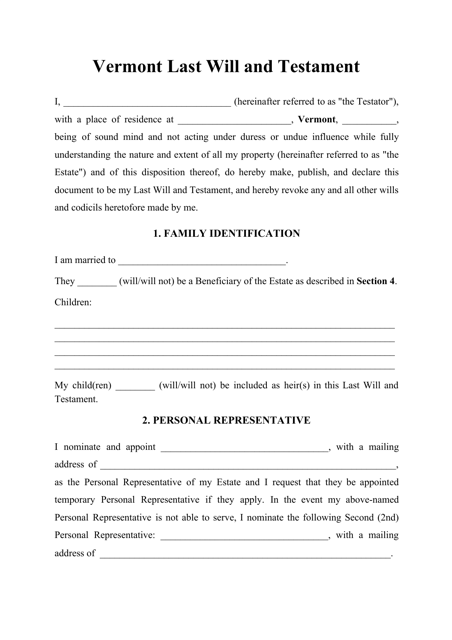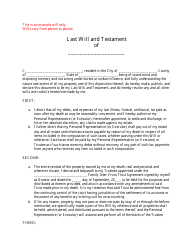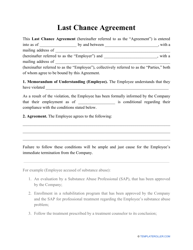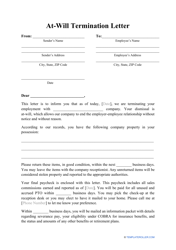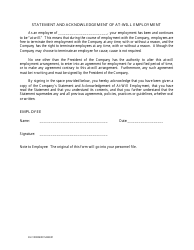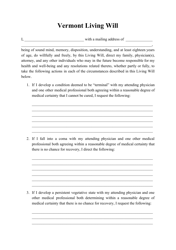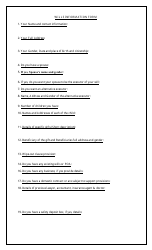Last Will and Testament Template - Vermont
A Vermont Last Will and Testament is a form that allows an individual - also known as a Testator - to identify who should receive their property, elect guardians for their minor children, and put an agent in charge of carrying out their wishes. There are two other parties named in a will: an Executor (the agent appointed by a Testator to carry out the terms of the will), and a Beneficiary (a person deriving advantage from the will).
Writing a Last Will also minimizes tensions among surviving family members - battling over possessions can weaken what may have been a strong family.
The Vermont Last Will is defined by Title 14: Decedents' Estates and Fiduciary Relations that requires the document to be signed by the Testator and by two (2) or more credible witnesses in the presence of the Testator and of each other. Click on this link to create your own document with our online form builder or download a ready-made template through the link below.
What Is a Last Will and Testament in Vermont?
The Last Will gives the Testator the opportunity to distribute their estate, property and digital assets between spouses, children, partners, friends, relatives, and organizations. The Testator has the option to select the estate's Executor. The Executor is the person - either a close friend or a professional accountant or consultant - who will be responsible for carrying out the provisions of the will.
There are several types of wills:
- A Testamentary Will is a formally prepared document signed in the presence of witnesses.
- A Holographic Will is a written unwitnessed will that rarely holds up in court.
- An Oral Will is a spoken testament given before witnesses.
How to Write a Last Will and Testament in Vermont?
Every Testator is eligible to choose what to include in their will. However, several important topics are universally recommended for a Last Will and Testament template.
The Testator has to take the following steps when creating their will:
- Decide what property to include in a will. List significant assets and choose the ones that are to be distributed.
- Decide who will inherit the aforementioned property. Alternate (contingent) beneficiaries must be mentioned in case the first choices do not survive the Testator.
- Choose an executor to handle the estate. The Executor must be a person who is willing to carry out the terms of the will.
- Choose a guardian for children and a caregiver for pets. This guardian must be willing to manage the children's property if the property is left to underage children or young adults.
- Sign the will in front of witnesses. The Testator's signature must be notarized as well.
- Store the will safely. The Testator must instruct their Executor on how to get access to the will when the time comes.
